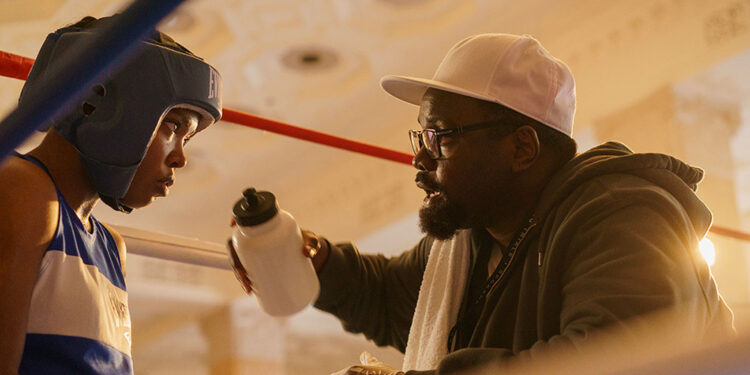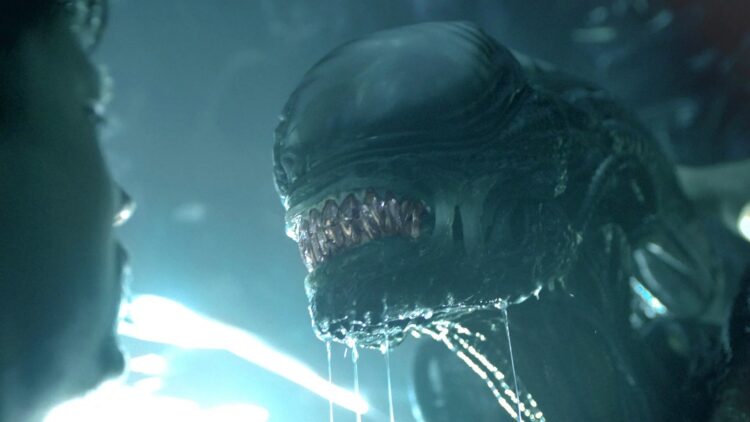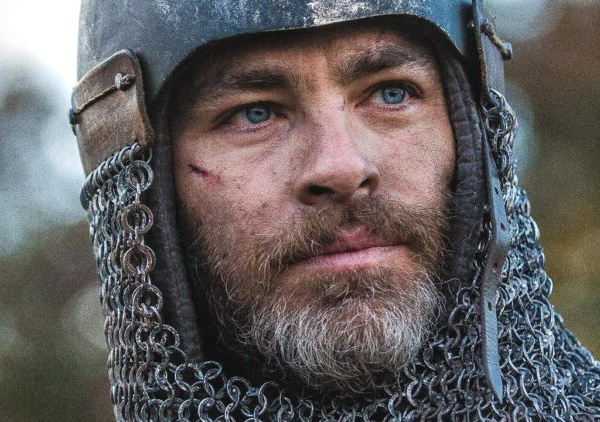

It’s difficult to keep sending back 12-year-old Claressa Shields (Jazmin Headley) when she’s got more fight in her than any of the boys he’s training, but that’s what Jason Crutchfield (Brian Tyree Henry) knows. Girls don’t box. So, he tells her she can stay and do some drills—he’s not going to kick her out. Jason just doesn’t want her to mimic the boys in his lessons and get her hopes up that something more will come of it. Until he finally recognizes that gender doesn’t play into desire. If Claressa is going to box anyway, why not protect her from her opponents instead of a populace too narrow-minded to consider she might be a champion?
What first-time director Rachel Morrison (Oscar-nominated cinematographer of Mudbound) and screenwriter Barry Jenkins understand about Shields’ story, however, is that the epiphany Jason comes to is hard-won. This is a single man deciding Claressa deserves the resources boys receive simply for being born. Every man after him must still get there too. This journey (now led by Ryan Destiny as 17-year-old Claressa) is therefore a step towards changing the tide so the next prospective 12-year-old girl finds an already enlightened community to hit the ground running. That’s the heroic burden every trendsetter must carry because it isn’t just about yourself. Especially not a female POC competing in a “men’s” sport.
Morrison thanked everyone who went on this journey with her before the premiere—praising them for not getting too frustrated that she kept turning projects down in hopes of ensuring this one got made first. It’s easy to see why once we delve deeper into Claressa’s story and all that she overcame to win a gold medal. Because it’s more than poverty. Her hometown is Flint, Michigan—everyone on-screen is impoverished. We’re talking about an incarcerated father, an overwhelmed mother of three, abuse, malnutrition, and more. Why wouldn’t she want to escape into a gym and hit somebody? Her trajectory is about more than just beating people up. It’s about finding purpose. It’s about survival.
It’s also about learning how success isn’t enough. In a perfect world, all Claressa needs to do is win that medal and rake in the cash. Maybe it’s not quite turning professional and signing a lucrative contract, but amateurs find themselves gaining endorsements and sponsorships all the time. NCAA rules had to change because companies wanted to give college players money before they’d even won anything. Well, this isn’t a perfect world and Claressa isn’t the perfect spokesperson. The entire world might have known this teen’s name from her victory against grown adults, but I use past tense because they promptly forgot it. So, what was all that hard work for then? A trinket devoid of any real change?
I like that Morrison and Jenkins carve out a large portion of The Fire Inside for Jason too––his education is almost as important as the one Claressa endures. Just as he dismissed her passion sight unseen at the beginning, he was blind to the reality that the value of a gold medal for a man in a high-profile men’s sport does not transfer to a woman in a low-profile women’s sport. Jason could have had Phil Knight on speed dial and it wouldn’t have mattered––Claressa wasn’t going to be able to bring Nike a commensurate amount of exposure to justify the cost. Not yet, anyway. Not in 2012.
There’s no better time to release this film than now as a result. The WNBA has never been bigger. The WNHL has just begun. And the men’s leagues are active in championing the women playing as well as the leagues themselves. That’s what it takes. Lil’ Zay (Idrissa Sanogo) sparring with Claressa to help her get better rather than to show her she doesn’t belong. A town like Flint rallying around one of its own with enough volume to make the nation take notice. A voice like Claressa’s to see how the system was rigged against her and put what little clout she has into getting equity on the table for all women athletes. It starts with someone saying, “Yes.”
You could say that someone is Jason (Henry is as fantastic as always in a much more nuanced role than your usual “coach” earns from this genre), but it’s also Claressa saying it to herself. Destiny’s performance shines towards that goal because she not only has to find the perseverance to get it done when she thinks winning is the only thing she needs to do, but she must reclaim it when she discovers victory is barely the start. There will be ups and downs. As many people will use Claressa’s success to realize they can be better as there are those trying to ride her wake to the bank. And just like the fights, each battle demands a specific strategy.
In the end, The Fire Inside is a sports biography with all the trappings you’d expect. It’s straightforward, contains few (if any) surprises, and inspires future generations to chase their dreams. The action is authentic and therefore not flashy (this is a points game so don’t expect any knockouts), but the real stakes are outside the ring in how Claressa carries herself during the good times and the bad as well as how Jason steps up to provide her the attention she wouldn’t have without his belief. It’s a solid debut for Morrison and a star-making turn for Destiny with a message for girls and boys to know their worth and never settle.
The Fire Inside premiered at the Toronto International Film Festival and opens on December 25.
The post TIFF Review: The Fire Inside Is an Inspiring Sports Movie Coming at the Right Moment first appeared on The Film Stage.



